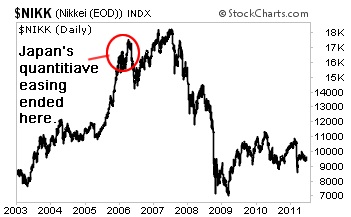This past Sunday, preaching through Galatians 3:1-5, I made the distinction between justification and sanctification. I wanted to draw this out more fully here. Much of my thought on this is dependent upon Wayne
Grudem.
Justification is
an instantaneous legal act of God in which he (1) thinks of our sins as
forgiven and Christ’s righteousness as belonging to us, and (2) declares us to
be righteous in his sight.
§
Justification includes a legal declaration by
God (Rom 4:5; 8:1; 3:21-22). God
forgives our past, present, and future sins and gives us Christ’s perfect record.
§
God declares us to be just in his sight. He declares that we have been made positively
righteous (Isa 61:10); Rom 3:21-22). God
can declare us to be just because he imputes Christ's righteousness to us (Rom
5:19; 1 Cor 1:30; Phil 3:9).
§
Justification comes to us completely by God’s
grace, not on account of any merit on our part (Rom 3:23-24). Grace means it is the opposite of doing
something for ourselves.
§
God justifies us through our faith in Christ.
Sanctification is
a progressive work of both God and man that makes us more and more free from
sin and like Christ in our actual lives." Outlines are some differences between Justifications
and sanctification:
|
Justification
|
Sanctification
|
|
Legal standing
|
Internal condition
|
|
Once for all time
|
Continuous throughout life
|
|
Entirely Gods work
|
We cooperate with God
|
|
Perfect in this life
|
Not perfect in this life
|
|
Same in all Christians
|
Greater in some than others
|
- There
are three stages of sanctification:
§
Sanctification has a definite beginning at
regeneration (Titus 3:5; 1 Cor 6:11). At
the moment of conversion, we are set apart unto God. He gives us a new heart
with new desires and appetites to please Him.
§
Sanctification increases throughout life (Phil
3:13-14; Heb 12:14). The older we get,
the more we should be walking with Jesus.
§
Sanctification is completed at death (for our
souls) and when the Lord returns (for our bodies) (Heb 12:23).
- Sanctification
is never completed in this life (Mat 6:11-12; 1 John 1:8; 1 Tim
4:12-15).
- God
and man cooperate in sanctification (Phil 2:13). Both God and the redeemed sinner have a
role in sanctification. God changes
us, gives us the ability to obey. And then we need to be active – we strive
and work out our sanctification the strength which He supplies.
- Sanctification
affects the whole person.






